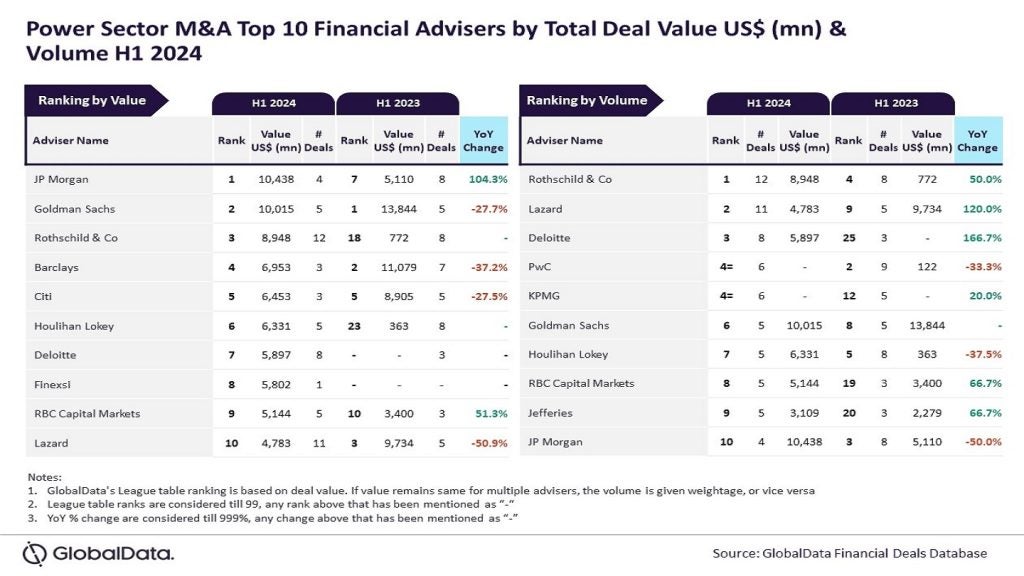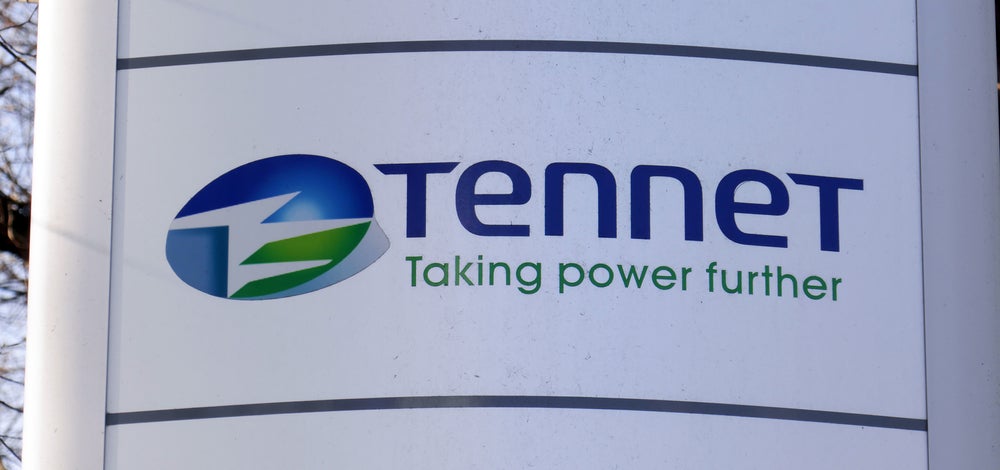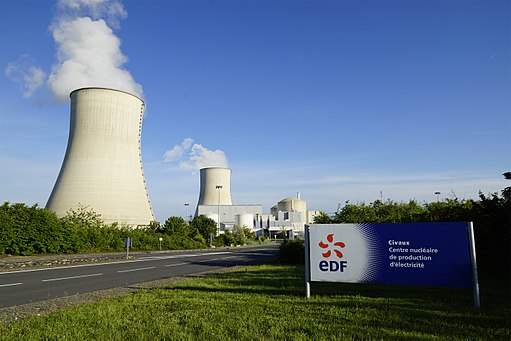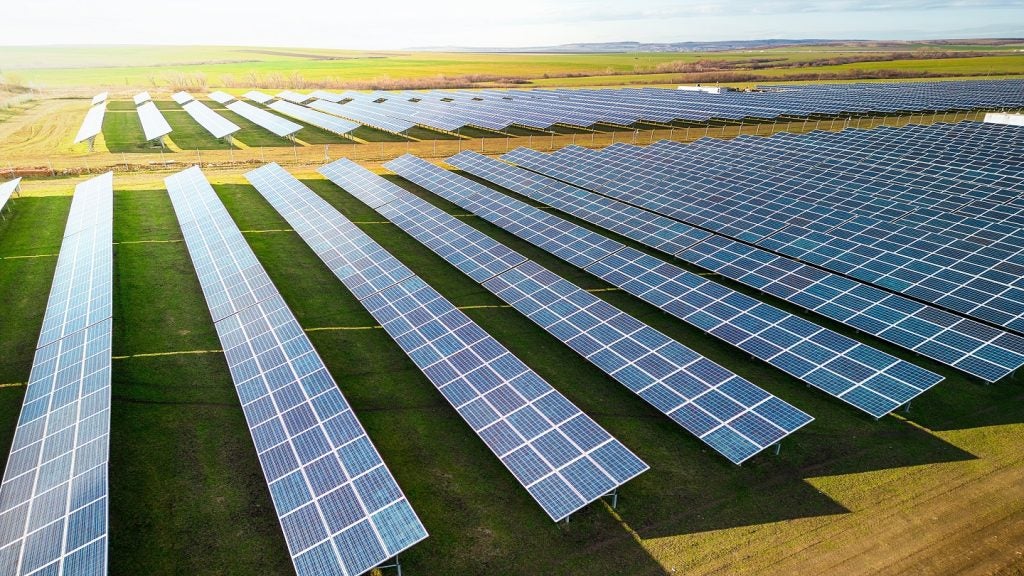Predictive maintenance is being used increasingly in the renewable energy sector, helping to improve efficiency, reduce operational expenses and mitigate unplanned outages, according to a new report.
Power Technology's parent company GlobalData’s Predictive Maintenance in Power report notes that the uptake of predictive maintenance is becoming more ubiquitous as the scale, size and number of solar and wind power installations expand and the focus on cost efficiency, effective operations and maintenance grows.
The report also notes that the efficacy of predictive maintenance will be radically enhanced with the application of artificial intelligence (AI).
It states: “The ability of generative AI to learn from the existing data sets will generate new and original insights, making it a powerful tool for enhancing predictive maintenance strategies. The combination of predictive maintenance and generative AI will revolutionise how power companies approach equipment maintenance, leading to increased productivity, reduced breakdowns and lower maintenance costs.”
Predictive maintenance in power
The nature of maintenance in the 21st century has progressed from reactive to proactive. In the power industry, this is especially significant with the sector's need for efficient and reliable power generation and supply. A proactive approach to maintenance can increase the lifespan of equipment, mitigate system outages and improve efficiency in general, all of which help to save on costs.
There are various ways in which solar, wind and other power technologies are monitored to anticipate possible system failures from machinery deterioration like misalignment, leakages, friction and overheating.
Techniques used to assess potential deterioration of assets such as turbines include vibration monitoring, infrared thermography, lubricant oil analysis and ultrasonic and acoustic monitoring.
Generative AI in predictive maintenance
The ability of AI and machine learning to process and analyse large swathes of data means that potential issues can be identified in large operational datasets more easily and accurately than ever before.
As a result, instead of machine servicing occurring on a routine basis and perhaps not when entirely necessary, servicing can be scheduled only when necessary, reducing the downtime of the machines.
Additionally, the report highlights that, with more accurate forecasting of when machines must be replaced, businesses can “maintain a leaner inventory, holding only the necessary parts on hand and reducing excess stock”.
Generative AI is helping to elevate the already existing benefits of predictive maintenance in the power sector.
One company highlighted by the report, already deploying this technology, is German automation company Siemens. In February 2024, it released a generative AI functionality into its Senseye Predictive Maintenance.
The solution uses AI to generate machine and maintenance behaviour models that direct a user’s attention to where it is needed most. According to Siemens, the solution leads to an up to 85% improvement in downtime forecasting and an up to 50% reduction in unplanned machine downtime.















